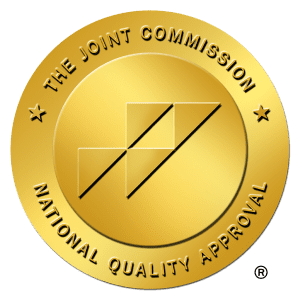Codependency is a multifaceted psychological condition characterized by an excessive emotional or psychological reliance on another person, typically to the detriment of one’s own mental and emotional well-being. When we examine codependency in the context of addiction, we uncover several intricate facets that contribute to the complexity of this relationship:
- Denial of the Addiction Problem: Codependents often find themselves trapped in a cycle of denial, refusing to acknowledge the full extent of the addiction issue. They may downplay or ignore the severity of the problem, making it challenging for the addicted person to recognize the need for treatment.
- Enabling Behaviors: One of the defining features of codependency is engaging in enabling behaviors. This can encompass making excuses for the addicted person, covering up their actions, or even actively participating in the addictive behavior. These actions inadvertently hinder the addict’s path to recovery.
- Neglect of Self-Care: Codependents frequently prioritize the needs and feelings of the addicted person above their own, often to their own detriment. This self-neglect can lead to a downward spiral of emotional exhaustion and further entanglement in the addiction cycle.
- Unhealthy Sense of Responsibility: Codependents may develop an unhealthy and overwhelming sense of responsibility for the actions and well-being of the addict. This deep-seated sense of obligation can exacerbate the codependency and perpetuate the addiction.















